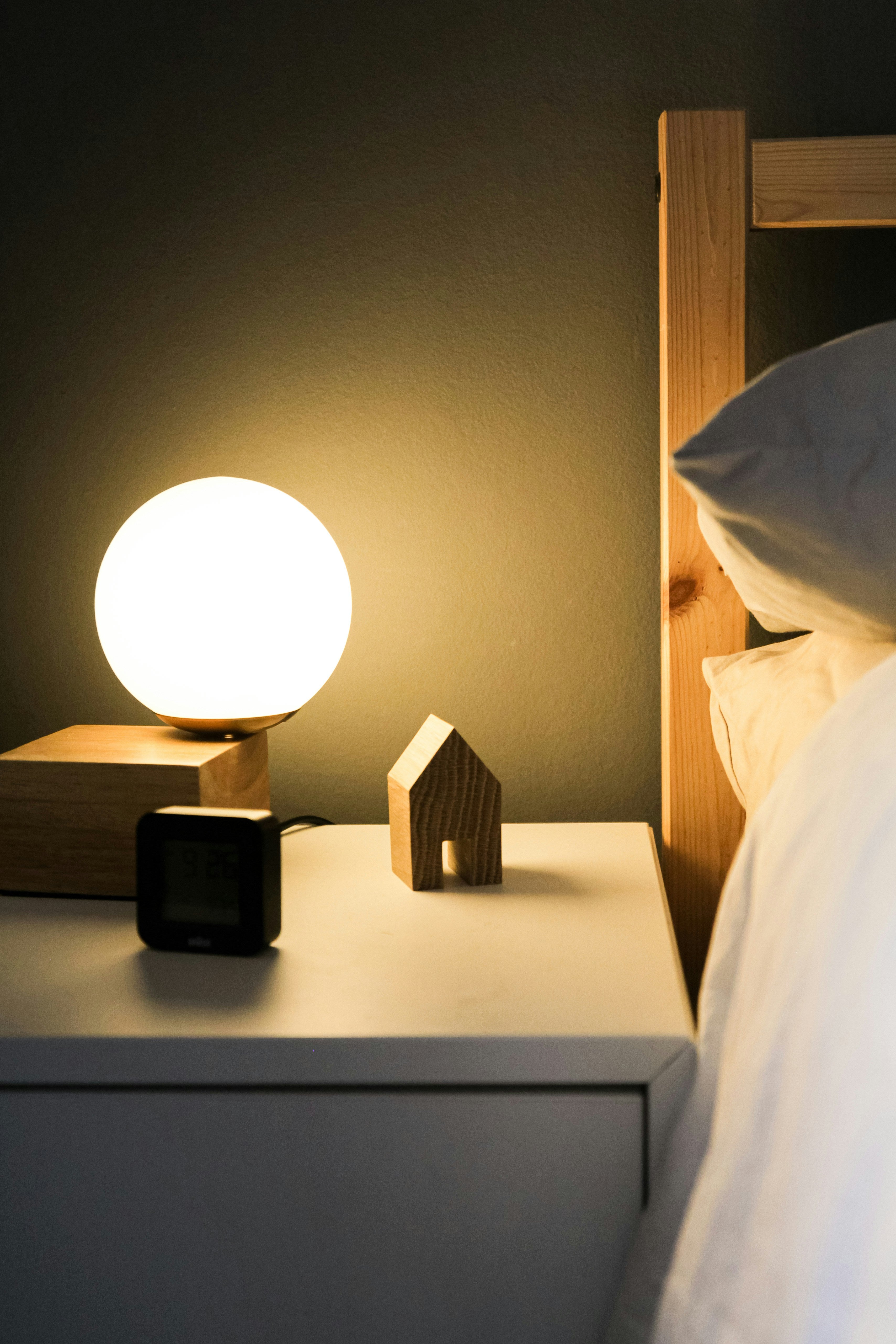The modern pace of life can be hectic and demanding, leaving many people feeling fatigued and lacking energy. In the midst of this maelstrom, a practice that has been a source of revitalization and well-being since ancient times emerges as a valuable ally: naps. Although they are often associated with laziness, naps are much more than that.
Naps have been an integral part of many cultures throughout history. In countries such as Spain, Mexico and Greece, naps are traditional and considered a healthy practice to recharge energy during the afternoon. As scientific research has advanced, we have learned more about the biological and cognitive benefits that naps can bring. In this article, we will explore the importance of naps and how they can have a positive impact on your health and daily performance.





Leave a comment
This site is protected by hCaptcha and the hCaptcha Privacy Policy and Terms of Service apply.